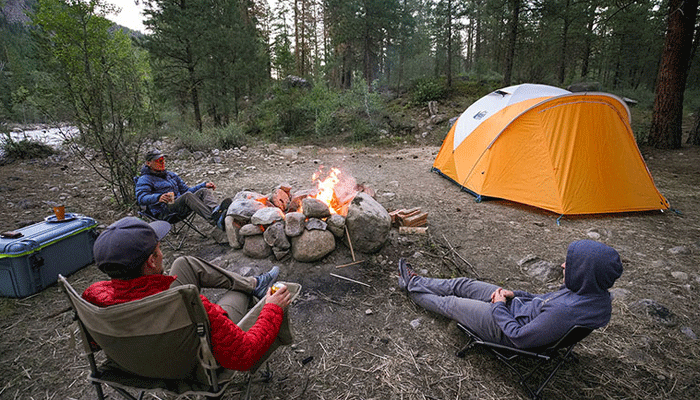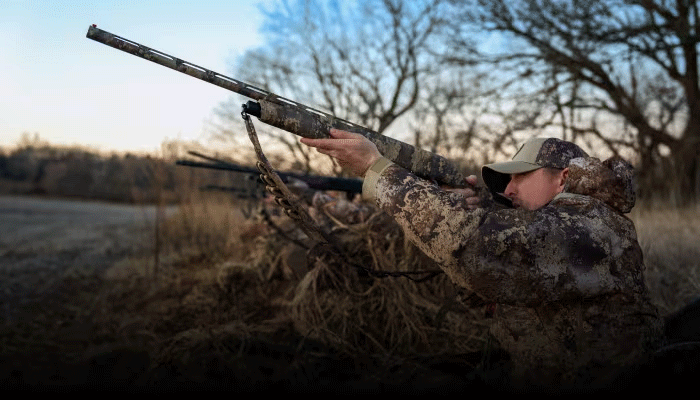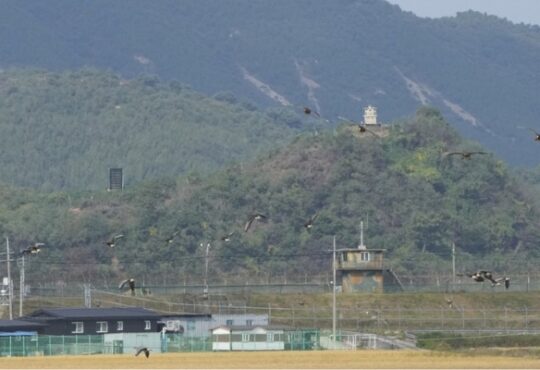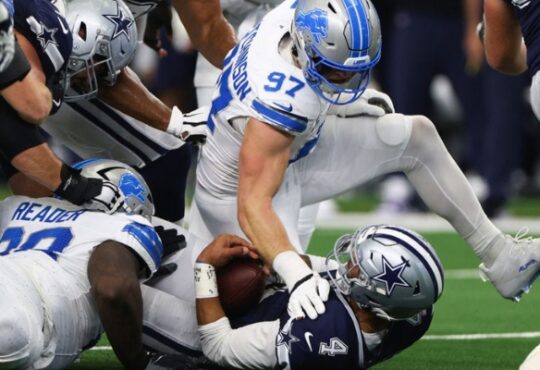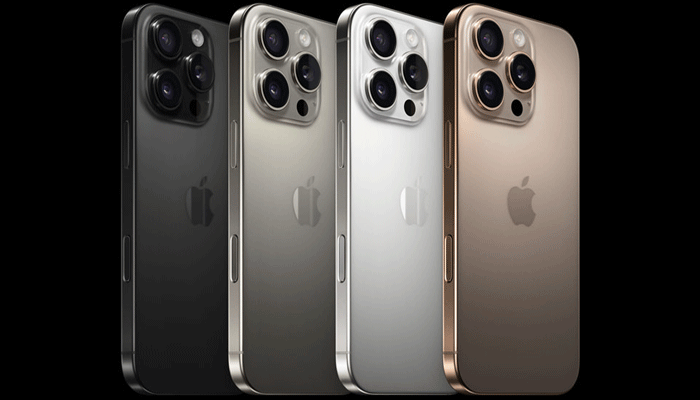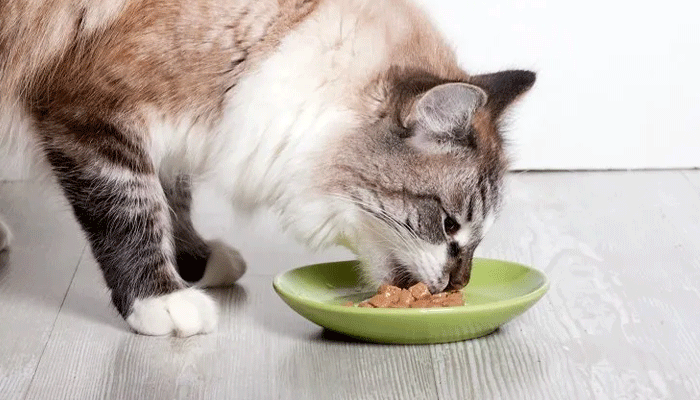
Cat owners often don’t put much thought into their feline companion’s meals. However, when you understand the basics of feline nutrition you can avoid making some common mistakes when feeding your pet.
It’s also important to know that table scraps (like garlic, onions, grapes, chocolate, raw meat, and eggs) are not healthy for your kitty.
Not Providing Enough Variety
There is an incredible variety of cat food available to us: different kibble flavors and sizes, canned foods in different formulations, pouches of semi-moist food, and more. Some cats may be willing to eat only certain types or textures of food, and we might try to cater to this by offering them more than one kind at each mealtime.
This can make the cat a picky eater and could lead to obesity and other health problems over time. Cats need a diet that is varied to get the full range of essential nutrients, including proteins, fats, vitamins, minerals, and amino acids.
A variety of foods also ensures that the cat is getting the proper amounts of important nutrients, like taurine, which is only found in animal proteins. A cat who only eats a diet of dry kibble will not get enough taurine, which can cause vision problems and heart disease.
Finally, a varied diet will help ensure that the cat is getting the proper amount of moisture. Dry kibble is not a high-moisture food, and if all the cat is eating is dry kibble, it will cause the pet to become dehydrated. This can result in kidney failure in later life.
Many common everyday foods can be dangerous to cats, including grapes and raisins, onions, garlic, chocolate, raw meat and eggs, uncooked bread dough, and bones (which can splinter or get stuck in the throat). These foods can cause vomiting, diarrhea, pancreatitis, and even death if fed regularly. Check out PETstock Promotional Codes for potential discounts and savings when choosing safe and appropriate foods for your feline companion.
Not Providing Enough Water
Cats need plenty of water for hydration, but it’s not always easy to know how much they’re drinking. Some cats are more prone to dehydration than others, and some health conditions can impact their thirst drive. If your cat is not sipping enough water, make an appointment with your vet and start by reviewing their diet and habits.
If your cat eats a mostly dry food diet, you may not notice that they drink a lot of water. This is because a diet that includes mostly dry kibble will rob a cat of water. After all, it takes a lot of moisture to digest the food. This is why it’s important to serve your cat a diet that is both hydrating and nutritionally complete.
Feeding a feline a bowl of food and leaving it out to eat at will can lead to overeating, which could cause obesity. This is why it’s important to feed a cat multiple times per day and only put out a food bowl when they are ready to eat.
Some pet owners may also try to supplement their cat’s diet with table scraps like meat, eggs, bones, chocolate, and garlic. These foods can be dangerous to a cat, especially if they’re eating them in large quantities, and can contribute to obesity and digestive issues like pancreatitis.
Another way to ensure your cat drinks enough water is to place a bowl of water next to their food or use a timed feeder with a dish of water in it. This way, the cat is more likely to drink the water while they’re waiting for their food and it will be there when they finish their meal.
Not Providing Enough Food
Many pet owners find that their cats are reluctant to eat or will only nibble at food left out all day. The problem with this is that the cat may not be getting enough of the nutrients they needs to maintain a healthy weight, and over time the diet can become deficient in vitamins and minerals.
This can lead to health problems including tooth decay, gum disease, arthritis, obesity, heart disease, and diabetes. The best way to avoid this is to feed your cat a quality, complete, and balanced diet that contains all of the essentials. This is why it is important to consult with your veterinarian and discuss the type of food that is best for your pet.
Table scraps can also be dangerous for your cat if they are not prepared properly. For example, eating grapes or raisins can cause kidney failure, and garlic, chocolate, and coffee can be toxic, and raw meat and bones can carry bacteria that can make your cat ill. Likewise, some plants such as lilies can be poisonous and even deadly for cats and they should not be fed to your pets.
To overcome this, set up a routine that includes feeding your cat at the same time and place each day. This will help establish a sense of normality and may also encourage your cat to begin to associate the call of “real-time” with the action of coming to eat. You can then gradually increase the amount of kibble, canned food, and/or other treats offered at each meal. Having specific meals two to three times per day will also allow you to keep track of the calories your pet is eating.
Not Providing Enough Exercise
Cats who are overweight can suffer from many health conditions, including high blood pressure, arthritis, and diabetes. To keep your kitty at an ideal weight, they should be fed small amounts of food multiple times per day. This helps to manage their weight and prevent obesity, which may cause your pet to feel stress and anxiety.
It’s important to avoid feeding your kitty foods that are not healthy for them, especially table scraps or raw meats. This can cause your cat to experience stomach upset, diarrhea, and pancreatitis, among other health issues. Some of these foods include onions, garlic, chocolate, fatty cuts of meat, grapes, raisins, currants, avocados, raw eggs, and bread dough. It’s also a good idea to stay away from certain plants, like lilies and oleanders, which are toxic to cats.
If you do decide to give your kitty some table scraps or treats, be sure to limit them to 10% of their total daily calories. This is to ensure that you’re not unbalancing their complete and balanced primary diet with unnecessary nutrients.
The food you choose for your cat should be species-specific, and it should also contain animal-based proteins. This is because cats need taurine, an essential amino acid that is found only in meat. Additionally, dogs require a different amount of protein than cats and should not be placed on a vegetarian diet.
To ensure your kitty is getting all of the nutrients they need, be sure to give them a little bit of exercise after each meal. This will help them digest their food better and reduce the risk of digestive upset, bloat, or over-exertion. Ideally, it’s best to wait at least 30 minutes to an hour after your kitty finishes eating before exercising them. Check out the Pets Voucher Code for potential discounts and savings when considering your feline friend’s diet and exercise routine.
Not Providing Enough Clean Water
While many cat owners feed their pets a complete and balanced diet, some may not give their feline companion enough liquid. Water is essential for healthy cats – 60 to 70 percent of their body weight comes from water. A deficiency can cause serious illness and even death.
In the wild, a cat’s instincts have evolved to avoid still water sources because these are more likely to contain bacteria. They also like to drink their water away from their food bowl and litter box as this prevents them from contaminating their drinking water with excrement or poop. If you have a cat that refuses to drink their water, try moving the bowl or using a fountain that circulates the water, rather than a traditional trough. You can also try slightly warming the water or offering it to them at mealtimes, in addition to trying different types of food.
Your veterinarian is your best source of nutrition guidance. He or she can steer you away from food fads and toward a well-balanced, healthy eating plan for your kitty.
Never feed your cat table scraps, especially grapes, raisins, sultanas (including those in Christmas cakes), onions, garlic, coffee or caffeinated drinks, chocolate, or uncooked bread dough. These foods can be toxic to your cat, as they are laced with chemicals that can cause stomach upset or pancreatitis. Additionally, raw meat and bones can splinter and cause internal blockages or infections. Special dental treats and chews are an excellent alternative to bones, as they can help clean your kitty’s teeth without the risk of bone injury or infection. Your veterinary team can recommend safe chews and dental products.
Conclusion
It’s important to avoid common mistakes when feeding your cat to ensure their overall health and wellbeing. These include feeding them too much or too little, not providing enough water, relying solely on dry food, feeding them table scraps, and not considering their individual dietary needs. By avoiding these mistakes and providing a balanced and appropriate diet, you can help your feline friend lead a happy and healthy life.



